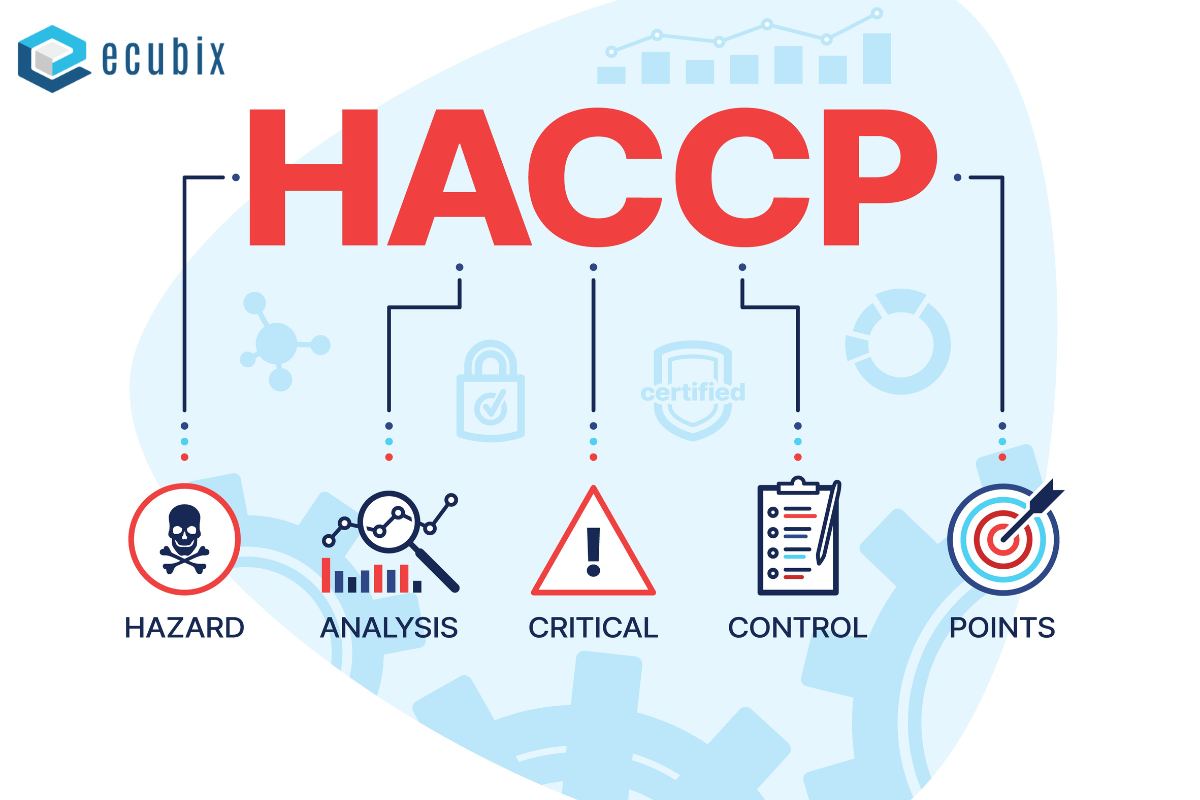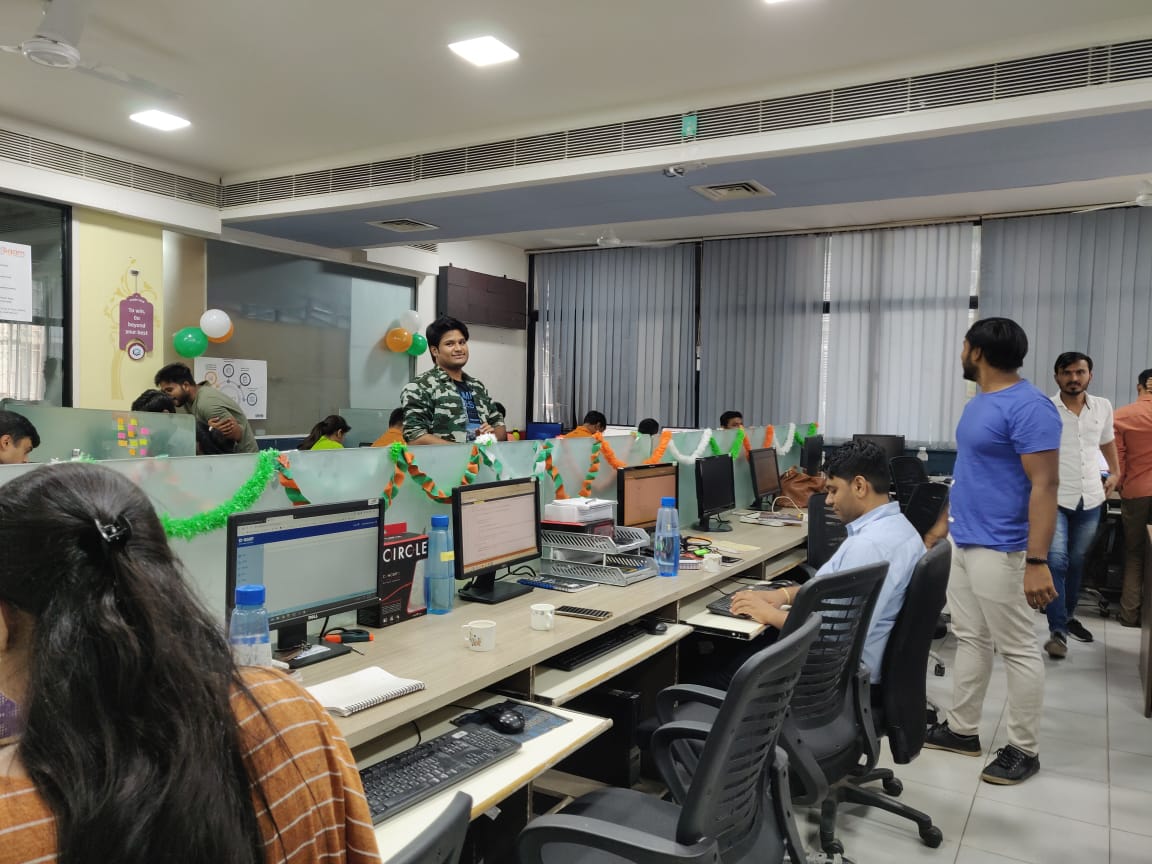HACCP, which stands for Hazard Analysis and Critical Control Points, is a systematic preventive approach to food safety. In 2023, the global food and beverage sector reached $164 billion in sales, driven by technological advancements and stringent regulatory requirements. It addresses biological, chemical, and physical hazards throughout the entire food production process, from raw material sourcing to distribution and consumption of the finished product. The key principles of HACCP include identifying potential risks, establishing critical control points, and implementing measures to reduce these risks to a safe level.
eLogbook Compliance with HACCP in the Food & Beverage Industry
A. Facilitating Hazard Analysis
(1) Data Collection and Analysis: eLogbook streamline the process of collecting and analyzing data essential for hazard analysis. They can automatically gather data from various sources, such as production equipment, environmental sensors, and manual inputs from staff. This data is then analyzed to identify patterns, trends, and anomalies that could indicate potential hazards. By consolidating data in a single digital platform, eLogbook makes it easier to perform thorough hazard analyses, ensuring that all potential risks are identified and evaluated accurately.
(2) Identifying Potential Hazards: The comprehensive data collected and analyzed by eLogbook aids in identifying potential hazards at different stages of food production. For example, data on temperature fluctuations, pH levels, and contamination incidents can highlight areas where biological, chemical, or physical hazards may arise. eLogbook also facilitates the documentation of these hazards, providing a clear and organized record for further risk assessment and management.
B. Managing Critical Control Points
(1) Tracking CCPs in Real-Time: eLogbook enables real-time tracking of Critical Control Points (CCPs) throughout the food production process. By continuously monitoring key parameters, such as temperature, humidity, and processing times, eLogbook ensures that CCPs are maintained within established critical limits. Real-time tracking allows for immediate detection of any deviations, minimizing the risk of food safety issues.
(2) Ensuring Adherence to Critical Limits: eLogbook can be programmed to alert staff when CCPs approach or exceed critical limits. These automated alerts help ensure that critical limits are strictly adhered to, preventing hazards from compromising food safety. Additionally, eLogbook provides a digital record of CCP monitoring, which can be reviewed and verified to confirm compliance.Â
C. Enhancing Monitoring Procedures
(1) Automated Data Logging: Automated data logging is a key feature of eLogbook, reducing the reliance on manual record-keeping and minimizing the risk of human error. eLogbook can automatically record data from sensors and production equipment, ensuring that monitoring is accurate, consistent, and continuous. This automation enhances the reliability of the monitoring process and provides a robust data set for analysis and verification.
(2) Immediate Alerts for Deviations: When monitoring data indicates that a CCP has deviated from its critical limits, eLogbook can generate immediate alerts. These alerts can be sent to relevant personnel via email, SMS, or in-app notifications, prompting swift corrective actions. Immediate alerts ensure that any issues are addressed promptly, reducing the risk of compromised food safety.
D. Streamlining Corrective Actions
(1) Documenting Corrective Measures: A powerful eLogbook provides a systematic way to document all corrective actions taken when deviations occur. Each corrective measure is recorded with details such as the nature of the deviation, actions taken, responsible personnel, and time of implementation. This documentation ensures transparency and accountability, making it easier to review and evaluate the effectiveness of corrective actions.
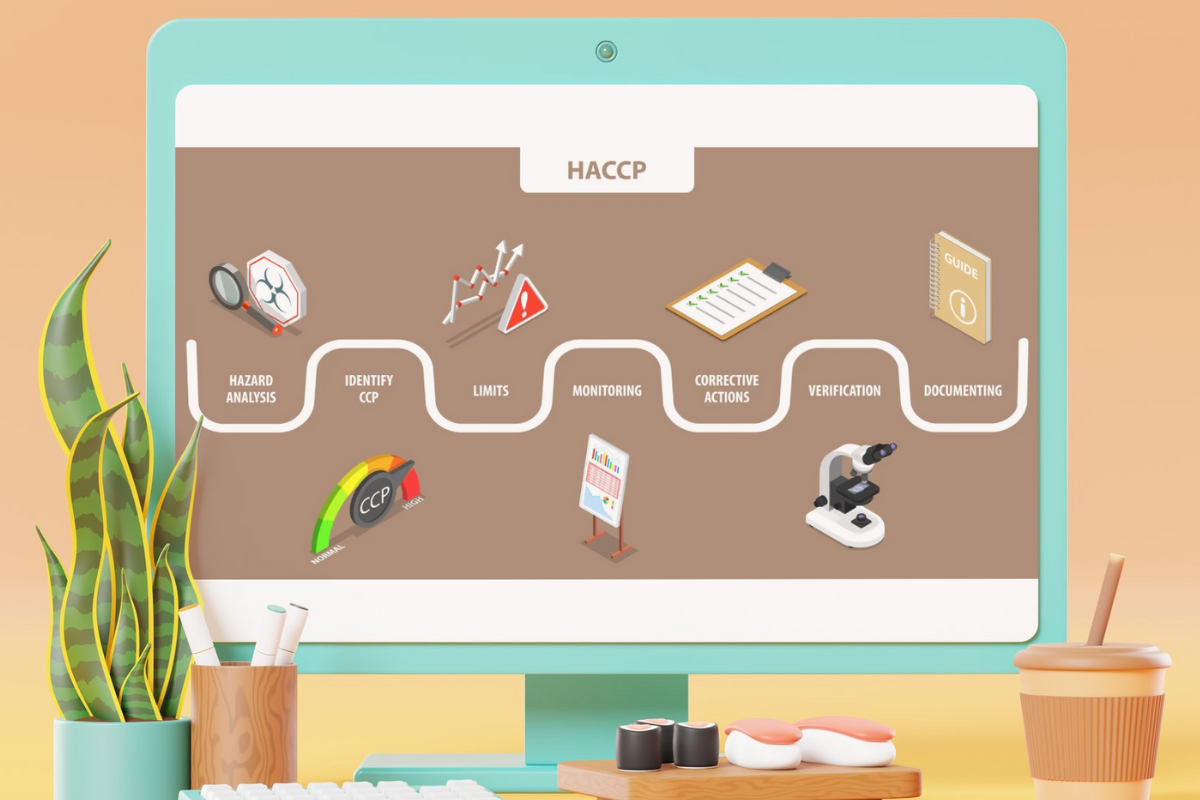
(2) Ensuring Timely Implementation: With automated alerts and reminders, eLogbook helps ensure that corrective actions are implemented without delay. The digital system can track the status of corrective measures, providing oversight and ensuring that no steps are overlooked. Timely implementation of corrective actions is crucial for maintaining food safety and preventing recurring issues.
E. Simplifying Verification
(1) Access to Historical Data: eLogbook offers easy access to historical data, facilitating the verification process. Historical records of hazard analyses, CCP monitoring, corrective actions, and verification activities can be reviewed to ensure that the HACCP plan is effective and being followed correctly. This accessibility makes it easier to conduct internal audits, regulatory inspections, and continuous improvement initiatives.
(2) Audit Trails and Reports: Detailed audit trails and reporting features in eLogbook support verification by providing comprehensive records of all HACCP-related activities. These reports can be generated automatically and customized to meet specific needs, such as regulatory compliance or internal reviews. Audit trails ensure that all actions are traceable and verifiable, enhancing the credibility and reliability of the HACCP system.
F. Improving Record-Keeping
(1) Digital Records and Storage: eLogbook eliminates the need for paper-based records, providing a digital solution for storing all HACCP-related documentation. Digital records are more secure, easier to manage, and less prone to loss or damage compared to paper records. Centralized digital storage also facilitates better organization and retrieval of information.
(2) Easy Retrieval of Information: eLogbook makes it easy to retrieve specific records or reports when needed. Advanced search functions allow users to quickly find and access data based on various criteria, such as date ranges, CCPs, or specific incidents. Easy retrieval of information supports efficient audits, inspections, and day-to-day management of the HACCP system, ensuring that all necessary documentation is readily available for review.
Importance of HACCP in the Food & Beverage Industry:
(1) Ensuring Food Safety: HACCP (Hazard Analysis and Critical Control Points) is essential for ensuring food safety in the Food & Beverage Industry. By systematically identifying, evaluating, and controlling hazards, HACCP helps prevent foodborne illnesses and contamination. This proactive approach to food safety ensures that potential risks are managed before they can affect consumers, significantly reducing the incidence of foodborne diseases.
(2) Regulatory Compliance: Compliance with HACCP is often a legal requirement for food manufacturers and processors. Regulatory bodies worldwide, including the Food and Drug Administration (FDA) in the United States and the European Food Safety Authority (EFSA), mandate HACCP implementation to ensure food safety standards are met. Adhering to HACCP principles helps companies comply with national and international food safety regulations, avoiding legal penalties and potential shutdowns.
(3) Consumer Confidence: In an era where consumers are increasingly concerned about the safety and quality of the food they consume, HACCP assures that food products are safe. Companies that implement and adhere to HACCP principles can build trust and confidence among consumers, leading to increased customer loyalty and a positive brand reputation. Transparent communication about HACCP compliance can be a powerful marketing tool, highlighting a company’s commitment to food safety.
(4) Preventing Recalls and Reducing Costs: Food recalls can be costly and damaging to a company’s reputation. HACCP helps prevent such incidents by identifying and controlling potential hazards before products reach the market. By preventing contamination and ensuring food safety, companies can avoid the significant financial losses associated with recalls, including direct costs, lost sales, and damage to brand reputation. Additionally, HACCP can lead to more efficient use of resources, reducing waste and operational costs.
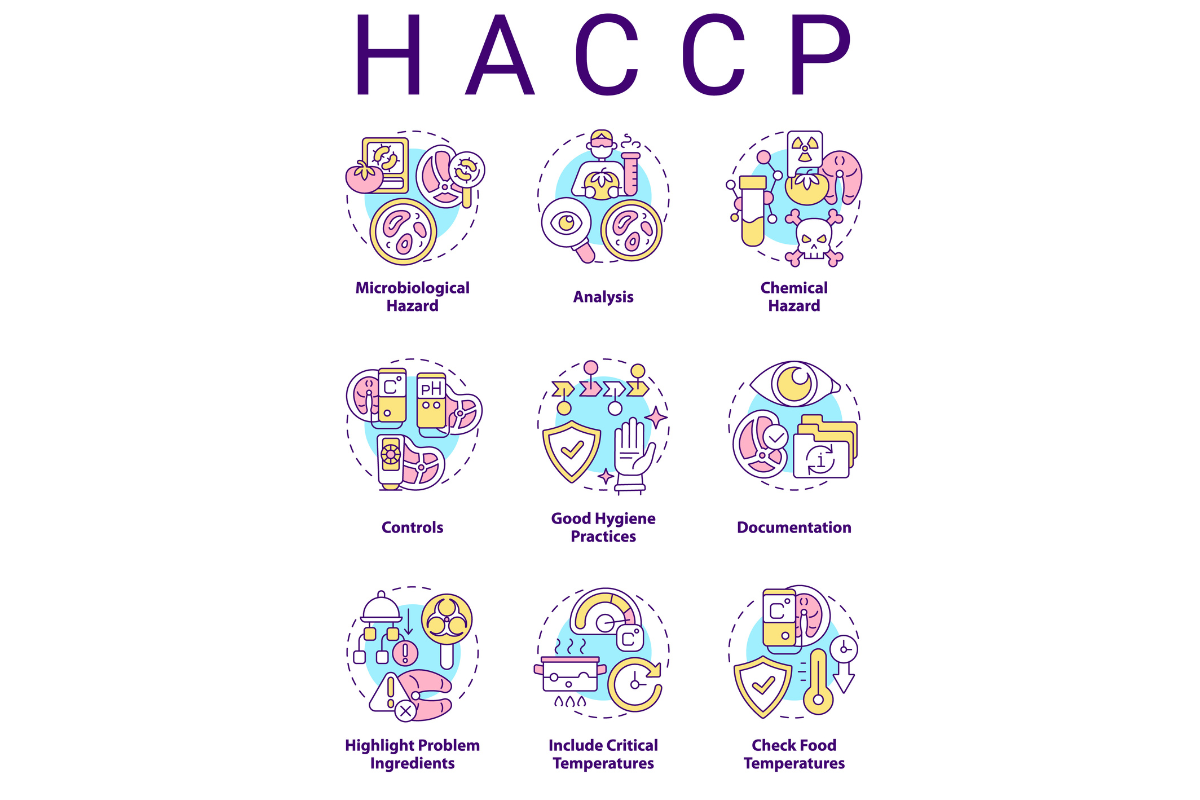
(5) Improving Operational Efficiency: Implementing HACCP can streamline food production processes and improve overall operational efficiency. The systematic approach of HACCP involves detailed monitoring and documentation, which helps identify inefficiencies and areas for improvement. By optimizing processes and ensuring consistent quality control using eLogbook, companies can enhance productivity and reduce production costs. Furthermore, HACCP promotes a culture of continuous improvement, where employees are more aware of food safety and quality standards.
(6) Facilitating Market Access: Compliance with HACCP is often a prerequisite for accessing certain markets, particularly in the global food trade. Many countries and international buyers require HACCP certification as part of their import regulations. By implementing HACCP, food and beverage companies can expand their market opportunities, both domestically and internationally. This opens up new revenue streams and enhances the company’s competitiveness in the global market.
(7) Enhancing Risk Management: HACCP provides a structured framework for identifying and managing risks in food production. By focusing on prevention and control of hazards, HACCP enhances a company’s risk management capabilities. This proactive approach not only improves food safety but also prepares the company to respond effectively to potential issues. A well-implemented HACCP system helps mitigate risks, protect public health, and maintain the integrity of the food supply chain.
(8) Supporting Sustainability Goals: Sustainable food production is increasingly important in today’s industry. HACCP contributes to sustainability by promoting efficient resource use and minimizing waste. By preventing contamination and spoilage, HACCP helps reduce food waste, which is a significant component of environmental sustainability. Additionally, the systematic nature of HACCP can support other sustainability initiatives, such as reducing energy consumption and optimizing production processes.
Real-Time Case Studies of Implementing eLogbook for HACCP in the Food & Beverage Industry
Case Study 1: Amul Dairy: One of India’s leading dairy brands, implemented an eLogbook system to enhance HACCP compliance and improve food safety across its production facilities.
Challenges: Amul faced challenges in maintaining accurate records of temperature controls during pasteurization and storage processes. Manual record-keeping was prone to errors and inefficiencies, making it difficult to ensure consistent adherence to HACCP standards.
Implementation: Amul adopted a comprehensive eLogbook system to automate data logging and monitoring of critical control points (CCPs). The system included sensors and IoT devices to continuously monitor temperature, humidity, and other critical parameters in real-time.
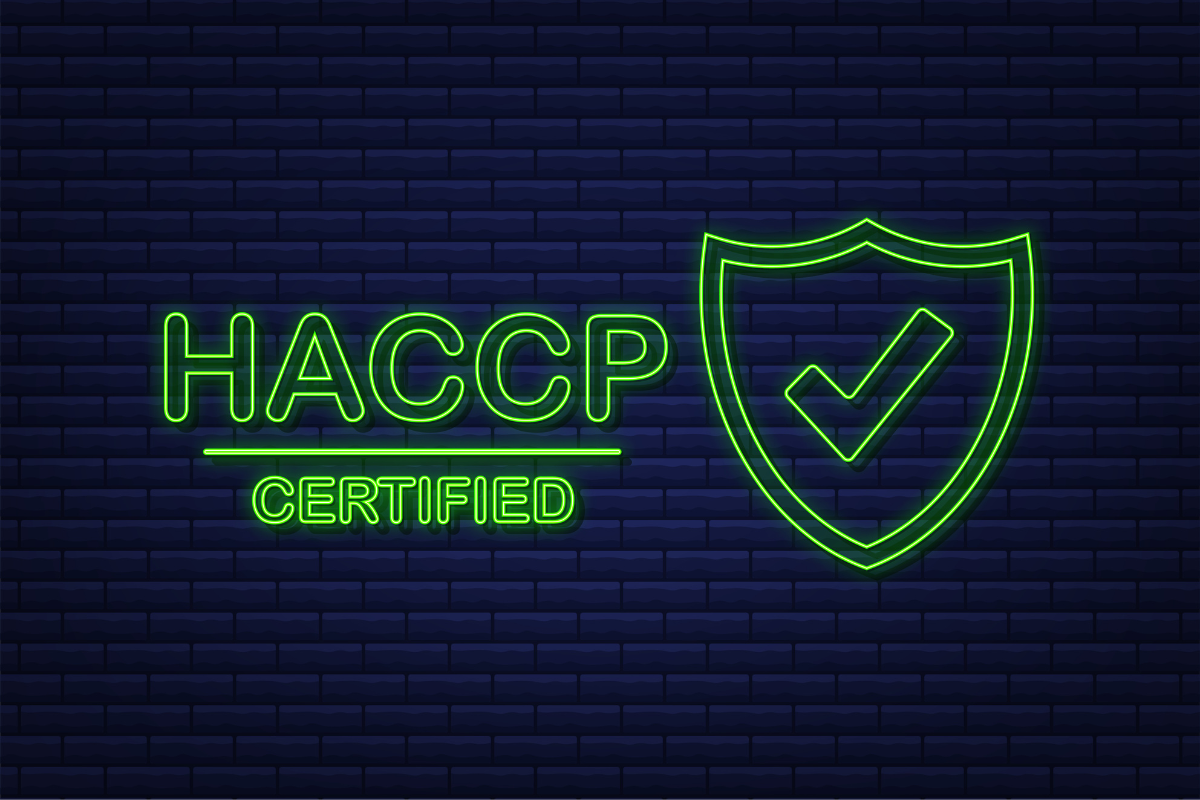
Results:
- Improved Accuracy: Automated data logging reduced human errors and ensured precise monitoring of CCPs.
- Real-Time Alerts: Immediate alerts for deviations from critical limits allowed for swift corrective actions, minimizing the risk of contamination.
- Enhanced Compliance: The digital system ensured complete and organized record-keeping, facilitating easy access during audits and inspections.
- Operational Efficiency: Streamlined processes and reduced manual labour led to significant improvements in operational efficiency.
Impact: The implementation of the eLogbook system at Amul Dairy resulted in enhanced food safety, reduced spoilage, and strengthened compliance with HACCP standards, bolstering consumer confidence in their products.
Case Study 2: Parle Agro: A prominent player in the Indian beverage industry, utilized an eLogbook system to ensure HACCP compliance across its manufacturing units.
Challenges: Parle Agro faced difficulties in tracking and documenting critical control points during the bottling process. Manual monitoring was time-consuming and often resulted in incomplete records, posing a risk to food safety.
Implementation: Parle Agro integrated an eLogbook system with their existing production lines, incorporating sensors and automated data entry points to monitor parameters like bottle sterilization, filling temperatures, and packaging integrity.
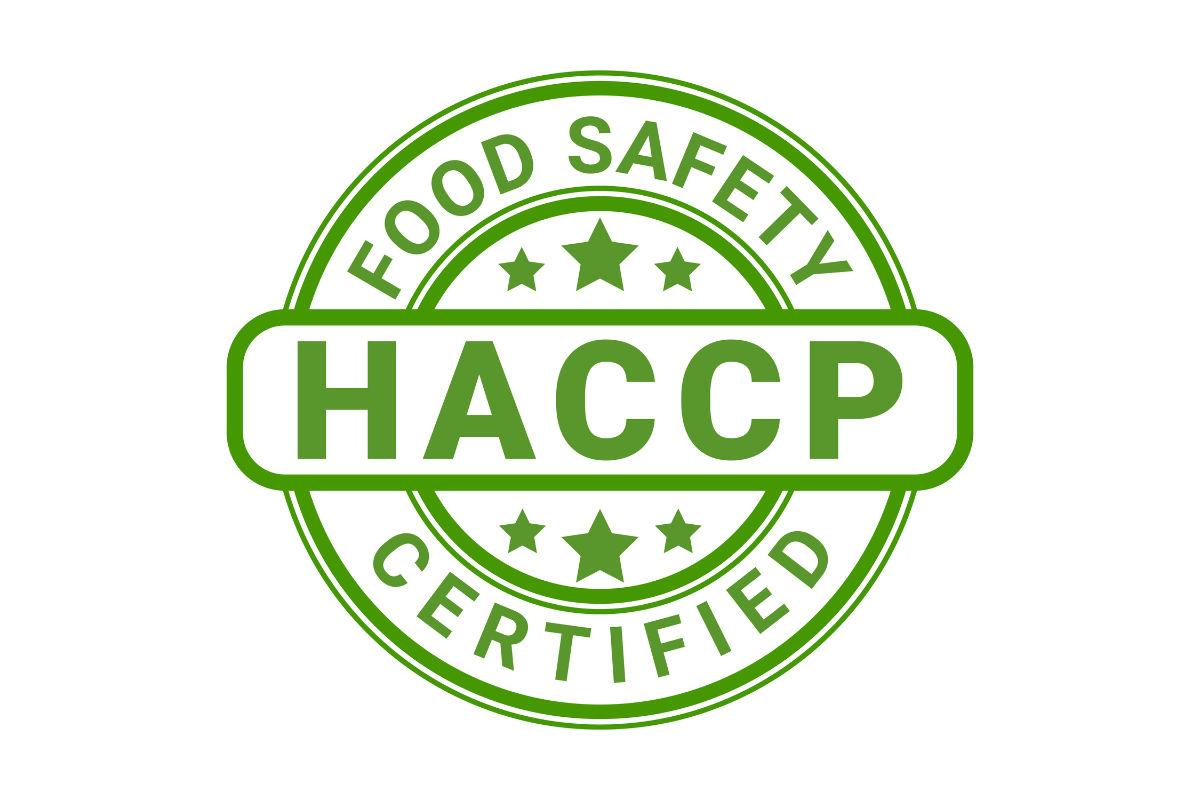
Results:
- Real-Time Monitoring: Continuous tracking of CCPs enabled real-time monitoring and ensured that all critical limits were consistently met.
- Comprehensive Documentation: The eLogbook provided a centralized platform for documenting all monitoring activities, corrective actions, and verification procedures.
- Improved Responsiveness: Immediate notifications for deviations allowed for quick responses, preventing potential safety issues before they could escalate.
- Audit Readiness: Detailed and easily accessible records simplified the audit process, ensuring that Parle Agro was always prepared for regulatory inspections.
Impact: The adoption of the eLogbook system at Parle Agro led to improved food safety standards, enhanced operational transparency, and a stronger commitment to HACCP compliance, reinforcing the company’s reputation for quality and reliability.
Summary:
In conclusion, HACCP is a critical component of food safety and quality assurance in the Food & Beverage Industry. Its importance extends beyond regulatory compliance, encompassing consumer trust, operational efficiency, market access, risk management, and sustainability. By implementing HACCP principles, companies can ensure the safety of their products, protect public health, and maintain a competitive edge in the industry.
eLogbook is a powerful tool for ensuring HACCP compliance in the Food & Beverage Industry. By digitizing records and facilitating real-time data management, eLogbook enhances the efficiency, accuracy, and reliability of HACCP processes. This not only ensures food safety but also boosts operational efficiency, regulatory compliance, and consumer confidence. The adoption of eLogbook represents a significant advancement in the industry’s efforts to maintain high standards of food safety and quality.
